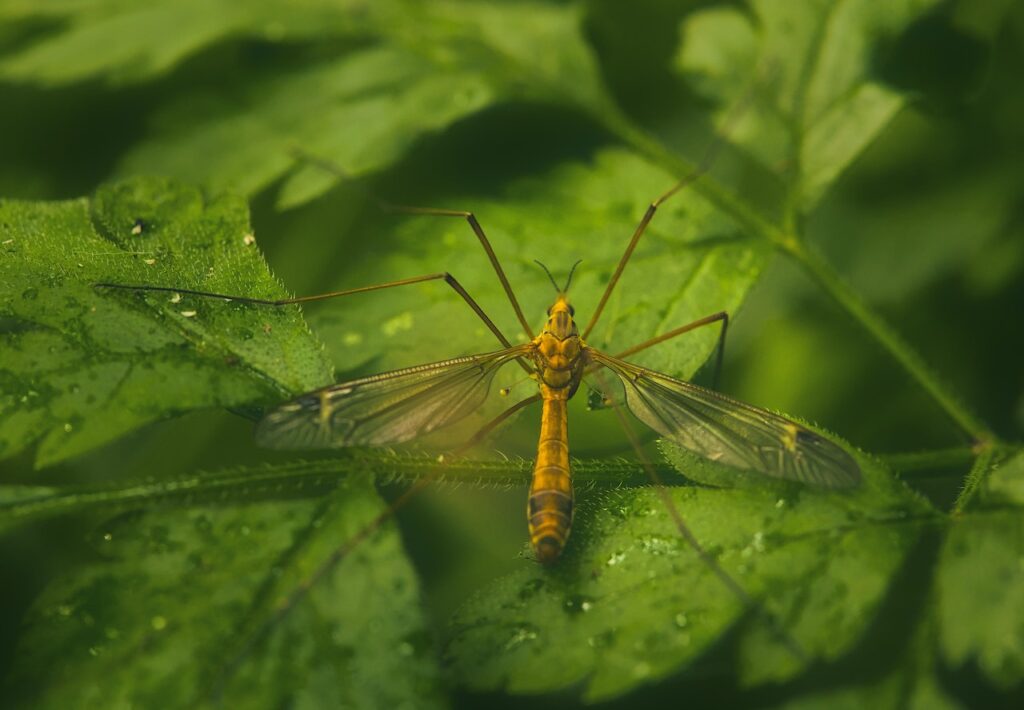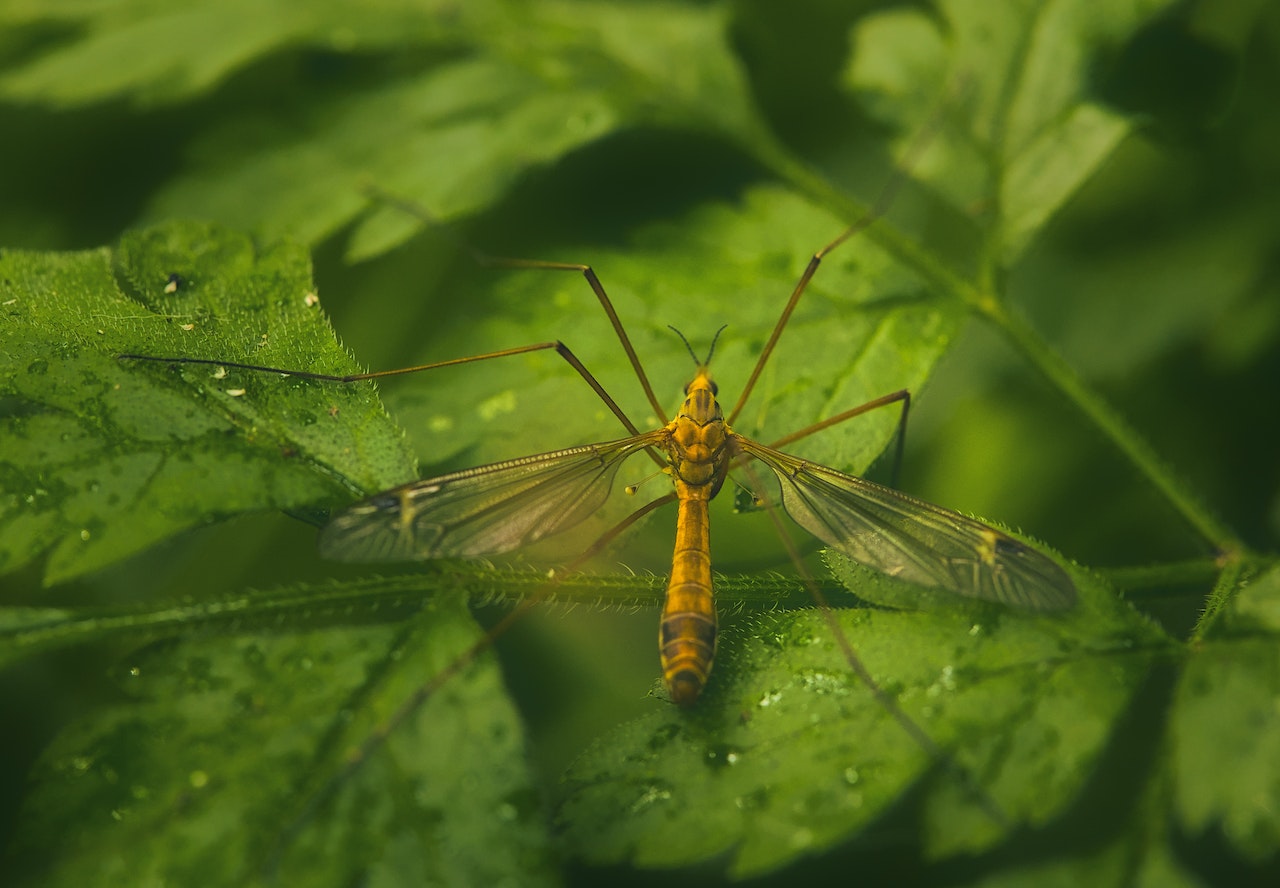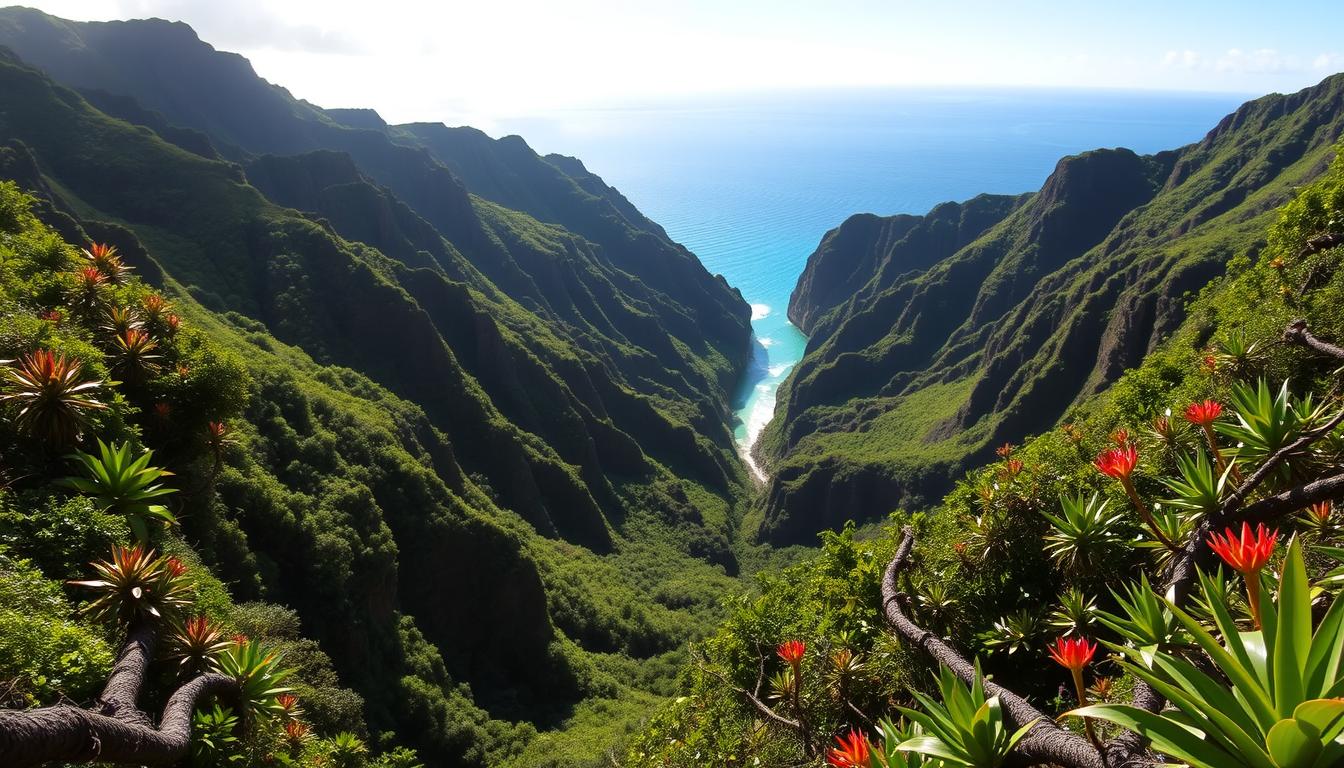As the United States Centers for Disease Control and Prevention (CDC) warns of malaria cases in Florida and Texas, Hawaii is taking a unique approach to disease control by releasing genetically modified mosquitoes. This strategy aims to address Hawaii’s unique mosquito problem and prevent the spread of diseases like Zika, dengue, and chikungunya.

The Malaria Situation in the US
Florida and Texas have recently reported some cases of locally acquired human malaria, marking the first documented instances of mosquito-transmitted malaria in the United States in two decades. The CDC is actively monitoring the situation, and while the current risk of contracting malaria in the US remains very low, five patients in these two states are undergoing treatment.
Hawaii’s Unique Mosquito Problem
Unlike the mainland, Hawaii’s mosquito problems are quite different. The islands’ endemic mosquito species can transmit diseases like Zika, dengue, and chikungunya, but they do not naturally carry these diseases. To transmit an infection, a mosquito first needs to bite an infected person. Hawaii’s tropical climate and constant influx of tourists make mosquito control a year-round task.
Hawaii’s Mosquito Control Measures
The Hawaii State Department of Health employs physical and mechanical measures to control the mosquito population. They monitor and document mosquitoes, treat certain areas with insecticide, and respond to any mosquito-related disease outbreak. They also set up traps near seaports and airports, collecting more than 20,000 mosquitoes in a year.
Mosquito Birth Control and Avian Malaria in Hawaii
To halt the spread of avian malaria on Kauai, the state Department of Land and Natural Resources (DLNR) and U.S. Fish and Wildlife plan to perform wide-scale mosquito suppression. The plan involves releasing male mosquitoes carrying a naturally-occurring bacteria (Wolbachia) into forests to mate with female mosquitoes, which then lay eggs that do not hatch.
Maui’s Mosquito Program
Maui is currently testing the mosquito birth control methodology in a pilot program. The state DLNR approved an environmental assessment earlier this year, leading to smaller-scale pilot projects. The releases of the Wolbachia-enabled mosquitoes are now in process in East Maui.
The Impact on Hawaii’s Birds
Hawaii’s birds are rapidly becoming extinct as a result of mosquitoes. The birds have migrated to higher elevations, but climate change has resulted in mosquitoes now living at those same higher elevations, which is not a deterrent. At present, ten of sixteen native honeycreepers have already been declared extinct.
While the US grapples with the re-emergence of malaria, Hawaii is taking proactive steps to control its unique mosquito problem. Through innovative strategies like mosquito birth control, Hawaii aims to protect its residents, visitors, and native bird species from the threat of mosquito-borne diseases.

Scott Sweeney is the creator of Virtual Hawaii 360. Scott is a professional marketer and a lifelong Hawaii enthusiast. Scott splits time between Oahu and Dayton, Ohio. In addition to his marketing endevours, he is also a published Ukulele musician.





